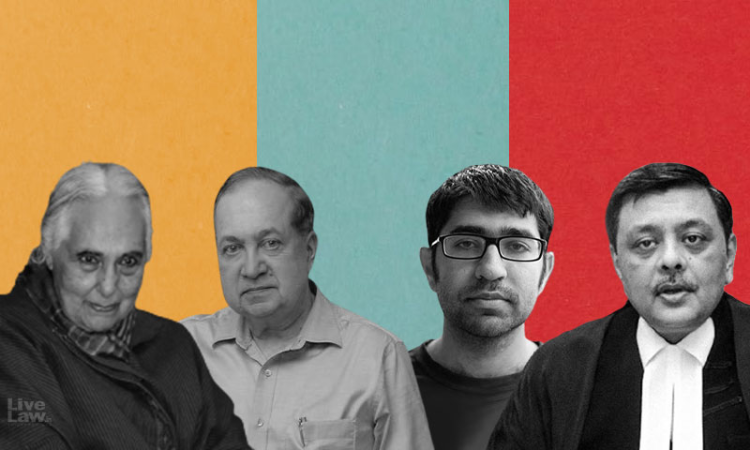Book Review: On Citizenship- Romila Thapar; N. Ram; Gautam Bhatia & Gautam Patel
Prakhar Raghuvanshi
13 March 2021 8:42 AM IST

Next Story
13 March 2021 8:42 AM IST
Interest in citizenship has become more important than ever, especially in India. From Citizenship Amendment Act, 2019 (CAA) to National Register of Citizens to National Population Register, a series of moves taken by the incumbent government have reactivated the politics of us and them in public discourse. Since December 2019, people have raised their voice against CAA and allied...
